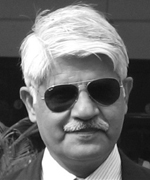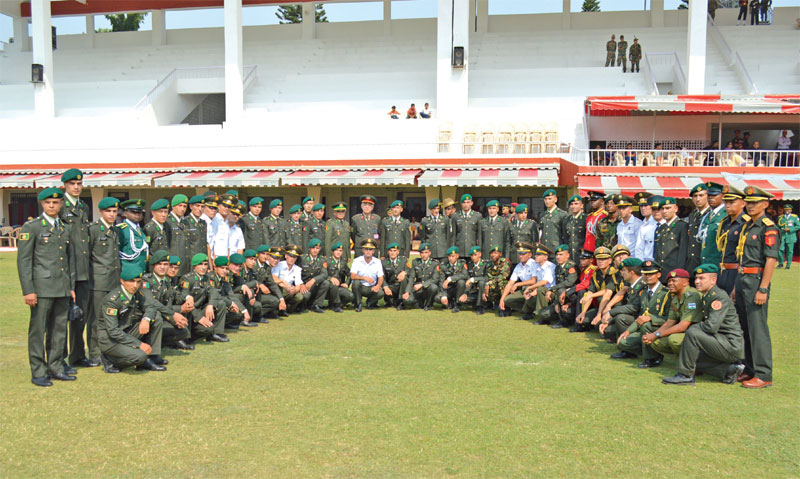A professionally educated military is critical to national security
 Gp Capt. A.K. Sachdev (retd)
Gp Capt. A.K. Sachdev (retd)
Two events in the recent past have served to direct the attention of the military and strategic community in India to Professional Military Education (PME). In September, Stimson Centre, a non-profit, non-partisan think tank in the US, published a book by Colonel Dave Smith. Entitled The Wellington Experience, the book examines the observations of US military personnel who attended India’s Defence Services Staff College (DSSC), Wellington. Although focused primarily on the Indian Army, its observations bear relevance to the Indian approach to PME and invite attention of military analysts with Indian interests at heart.
The second occurrence was a tweet on October 13 by former Chief of Naval Staff, Admiral Arun Prakash, in response to a new faculty member announcing his arrival at Pakistan’s Air University, Islamabad. The Admiral’s tweet lamented that, “Pakistan’s Air University was founded in 2002 & its National Defence University in 1970. The Indian NDU was conceived in 1967 & proposed in 1999. The foundation stone, laid in 2013 stands forlorn on a field in Haryana, as the INDU Bill (2015) languishes in Lok Sabha.” (INDU stands for Indian National Defence University).
The oft-repeated lament in think tanks that India does not appear to have a strategic culture is corroborated by our half-hearted national security strategy, our step motherly budgetary treatment to our defence forces’ legitimate modernisation needs (not wants!) and our national security structure, badly in need of urgent and critical reforms. The largely tactical preoccupation of our PME is both: a symptom and a cause for this strategic thought deficit. This article critically evaluates our PME and makes some prescriptive submissions; the scope, due to space constraints, is confined to officers.
The Nature of the Beast
At the beginning of the nineteenth century, Napoleon defeated the Kingdom of Prussia and, under the Second Treaty of Tilsit, usurped half of Prussia’s territory in addition to extracting substantial tribute as war booty.
Prussia’s consequent introspection led to a reform movement which encompassed all aspects, including military. A group of officers (which included General Carl von Clausewitz) led the military reforms and initiated a system to impart professional education to officers; inarguably, this was the beginning of PME. It paid rich dividends to Prussia by way of military victories in coming decades; perceiving a lesson there, all major European armies emulated the model by establishing their Military Staff Colleges.
While the process of preparing a person for executing repetitive, specified tasks is referred to as training, PME is the realm of developing problem solving and decision making abilities as also of thinking independently. Whereas training aims at preparing the soldier for known situations and inculcating physical strength and courage, PME’s objective is to develop the more important aspects of leadership, autonomous thought processes, honed intellect, out of the box decision-making and refined judgement. Training is relevant to the tactical levels but PME becomes more relevant to the operational and strategic levels.

Status of PME in India
The Indian military is served by an extensive array of institutions which impart professional skills to its personnel throughout their careers depending on their seniority levels and potential. The pre-commissioning training is carried out for all three services at National Defence Academy (NDA) Pune where a little over half the training content is joint and the rest single service.
Besides NDA, there are other routes into the services which run under the auspices of individual services with no joint content. Once commissioned, an officer undergoes basic orientation courses specific to his arm, service or branch in the initial years and a junior command course with around six to seven years of service. Around nine to 10 years of service brings him to the rank of Major/Lieutenant Colonel or equivalent and a selection based opportunity to undergo the joint staff course at DSSC which dates back to India’s independence.
You must be logged in to view this content.

